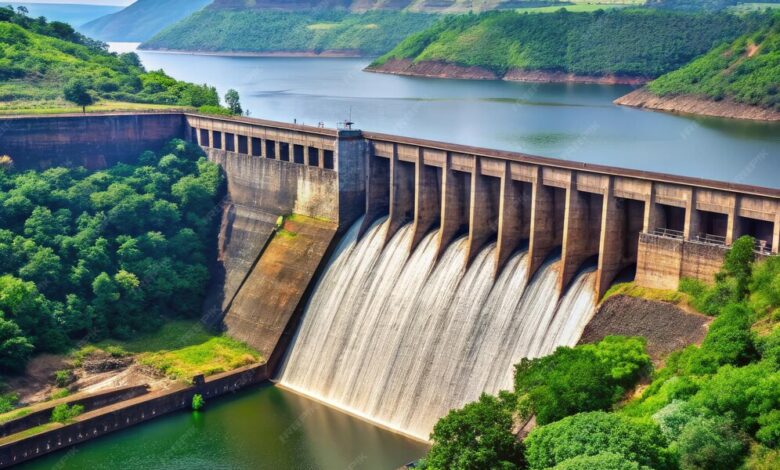Lesotho: The Water Powerhouse Quenching South Africa’s Thirst

Nestled within the towering peaks of the Drakensberg Mountains, the small kingdom of Lesotho boasts a natural resource that has become more valuable than ever in Southern Africa: water. Unlike its larger neighbor, South Africa, which often struggles with water shortages, Lesotho is blessed with an abundance of this vital resource. In fact, Lesotho earns an impressive US$200 million annually by selling water to South Africa, ensuring that the taps in Johannesburg, Pretoria, and other major cities never run dry.
The Lesotho Highlands Water Project: A Blueprint for Cooperation
The foundation of this lucrative arrangement is the Lesotho Highlands Water Project (LHWP), an ambitious water transfer scheme initiated in the 1980s. This project, a partnership between Lesotho and South Africa, involves a complex system of dams, tunnels, and reservoirs that capture and store water from Lesotho’s highlands. The water is then transferred via a series of tunnels that cut through the mountains, ultimately feeding into South Africa’s Vaal River system.
The Vaal River is a lifeline for South Africa’s economic heartland, the Gauteng Province, home to Johannesburg and Pretoria. These areas are crucial to South Africa’s economy, and their need for a reliable water supply cannot be overstated. As South Africa’s population and industrial activities grow, the demand for water continues to rise, making Lesotho’s contribution all the more essential.
Lesotho’s Water Wealth
For Lesotho, the LHWP is more than just a pipeline of water; it is a pipeline of economic opportunity. The US$200 million in annual revenue generated by water sales to South Africa represents a significant portion of the country’s income, providing funds that are used to improve infrastructure, healthcare, education, and other critical services.
In a country where economic opportunities are limited and much of the population relies on subsistence farming, this revenue stream is vital. It has allowed Lesotho to reduce its dependence on foreign aid and invest in its development, making strides toward a more self-sufficient future.
The Future of Water Trade
As water becomes an increasingly scarce and valuable resource worldwide, Lesotho’s strategic importance is likely to grow. South Africa, with its arid regions and expanding water needs, will continue to rely on Lesotho’s highland reservoirs to meet its demands. This relationship underscores the interdependence of the two nations and highlights the vital role that water plays in regional stability and prosperity.
Lesotho’s ability to harness and sell its water resources is a testament to the country’s ingenuity and strategic foresight. While the Kingdom may lack the economic might of its neighbor, it has something even more precious: the ability to turn its natural abundance into economic power. As long as the taps continue to flow in South Africa, Lesotho’s position as a water powerhouse will remain secure, ensuring that this small nation continues to punch above its weight on the global stage.
Join 'Lesotho News' WhatsApp Channel
Get breaking Lesotho news — delivered directly to your WhatsApp.
CLICK HERE TO JOIN



